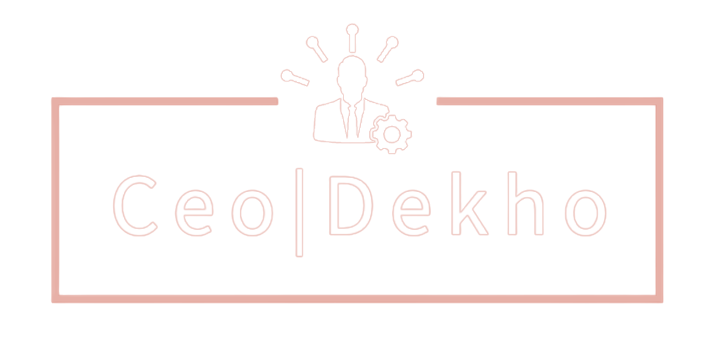EDUPRENEUR
Physics Wallah Overcomes Profit Drop, Eyes Expansion with More Offline Centers

SUMMARY
- Physics Wallah has emerged as a major player in the Indian K-12 edtech market, challenging established giants like Unacademy and Byju's.
- PW's success is driven by its focus on affordability, quality content, hybrid learning, and community building.
- The future of K-12 edtech in India is bright, with trends like hybrid learning, personalization, gamification, and regional content shaping the landscape.
Test prep startup Physics Wallah is set to expand its offline presence aggressively, aiming to open as many centers as possible in the fiscal year 2025 despite potential profit erosion, according to founder and CEO Alakh Pandey. Despite a significant drop in net profit from Rs 98 crore to Rs 16 crore in FY23, the Noida-based company remains undeterred in its expansion plans. With 130 offline coaching centers in 105 cities already operational, Physics Wallah plans to add 50 more by the end of the next fiscal year. Pandey emphasizes the importance of offline centers, acknowledging the long profitability timeline but prioritizing nationwide expansion due to the company's strong brand and student base. The move mirrors a trend among edtech startups like Unacademy and Byju’s, pivoting towards offline centers as online demand wanes post-Covid. Although offline revenue contributes 40% of total revenue while representing only 5% of the student base, Physics Wallah aims to boost this share to 45%. Despite scaling challenges and increased expenses, including employee costs and provisioning, the company remains committed to enhancing the offline learning experience and improving average revenue per user (ARPU) metrics.
PW's Winning Formula:
The phenomenal rise of Physics Wallah (PW) can be attributed to its unique approach:
- Affordability: PW offers high-quality educational content at significantly lower prices than its competitors, making it accessible to a wider student base.
- Focus on Quality: PW prioritizes strong pedagogical practices and engaging content delivered by experienced educators, including Pandey himself.
- Hybrid Learning Model: PW effectively combines online and offline learning through its "Pathshala" centers, catering to students who prefer a blended learning experience.
- Community Building: PW fosters a strong sense of community among students through interactive sessions, doubt-solving forums, and personalized mentorship.
Market Dynamics and Competition:
The Indian K-12 edtech market is booming, fueled by increasing internet penetration and growing demand for quality education. However, the landscape is becoming increasingly competitive:
- Unacademy: Backed by significant funding, Unacademy boasts a vast array of courses and renowned educators. However, its pricing can be a barrier for some students.
- Byju's: This heavily funded giant offers comprehensive learning solutions, but its aggressive marketing tactics and high-priced courses have drawn criticism.
PW's entry has disrupted the market by offering a more affordable and student-centric alternative. This has forced established players to re-evaluate their strategies and focus on value proposition.
The Future of K-12 Edtech:
The future of K-12 edtech in India is promising, with several trends shaping the landscape:
- Hybrid Learning: Blended learning models combining online and offline elements are likely to gain further traction.
- Personalization: Edtech platforms will increasingly leverage technology to personalize learning experiences for individual student needs.
- Gamification: Gamified learning experiences will be used to enhance engagement and motivation among students.
- Regional Content: Demand for educational content in regional languages will continue to rise.
PW is well-positioned to capitalize on these trends. Its focus on affordability, quality, and community resonates with Indian students. Additionally, its hybrid learning model and expansion into regional languages demonstrate its adaptability and understanding of the evolving market needs.
In the competitive landscape of online education, three key players stand out with significant valuations and funding. Physics Wallah, valued at $3.3 billion, has uniquely chosen to bootstrap its growth, offering affordable courses, promoting hybrid learning, and fostering a robust community. Unacademy, valued slightly higher at $3.44 billion, has raised $838.5 million in funding. It distinguishes itself with a wide range of courses and access to renowned educators, appealing to a diverse audience. Meanwhile, Byju's leads the pack with a staggering valuation of $22 billion, backed by $5.5 billion in funding. Known for its comprehensive learning solutions, Byju's employs aggressive marketing strategies to maintain its dominance in the online education sector.
Latest News

STARTUP-STORIES








